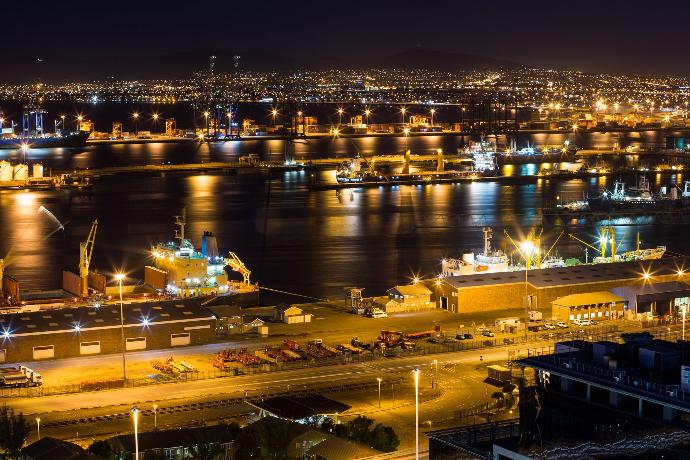Digitalization of maritime industry
The maritime industry is undergoing a profound transformation due to digitalization, bringing forth a wave of emerging technologies poised to revolutionize the sector. One such groundbreaking innovation is autonomous ships, which operate sans human crew. Thanks to advancements in artificial intelligence and robotics, vessels can now navigate themselves and make autonomous decisions. This development holds the promise of cost reduction and enhanced safety since human intervention in operations becomes unnecessary, thereby minimizing the risk of accidents.
Another pivotal technology reshaping the maritime landscape is the Internet of Things (IoT). Through the integration of ships and cargo with the internet, real-time data on their performance can now be collected. This data serves as a valuable tool for optimizing operations, cutting costs, and bolstering safety. For instance, sensors can monitor cargo conditions, ensuring proper storage and transportation to prevent spoilage and damage.
The maritime industry's digitalization promises enhanced safety, efficiency, and sustainability. Yet, it faces significant challenges. Cybersecurity emerges as a pressing concern as interconnected ships become vulnerable to cyber-attacks, risking crew, cargo, and the environment. Threats range from ransomware seizing ship systems to data breaches compromising sensitive information. Additionally, there's a demand for skilled personnel to manage new technologies. Recruitment and training programs must evolve to equip workers with the necessary skills to operate and maintain complex systems, ensuring the industry's advancement.
In conclusion, the maritime industry is witnessing a significant shift driven by digitalization and the adoption of emerging technologies like autonomous ships and the Internet of Things. These innovations offer the promise of cost reduction and heightened safety through decreased human intervention and real-time performance monitoring. However, challenges such as cybersecurity threats and the need for skilled personnel highlight the necessity for adapting recruitment and training programs to ensure continued progress in safety, efficiency, and sustainability amidst this transformative era.
Sources:
L, V. (2022, March 24). The Digital Revolution in the Maritime Industry. Sinay.
Image by wavebreakmedia_micro on Freepik

What are you waiting for?
Let us make sure that you have the correct Electronical Cargo Tracking Note for you shipment!
Login